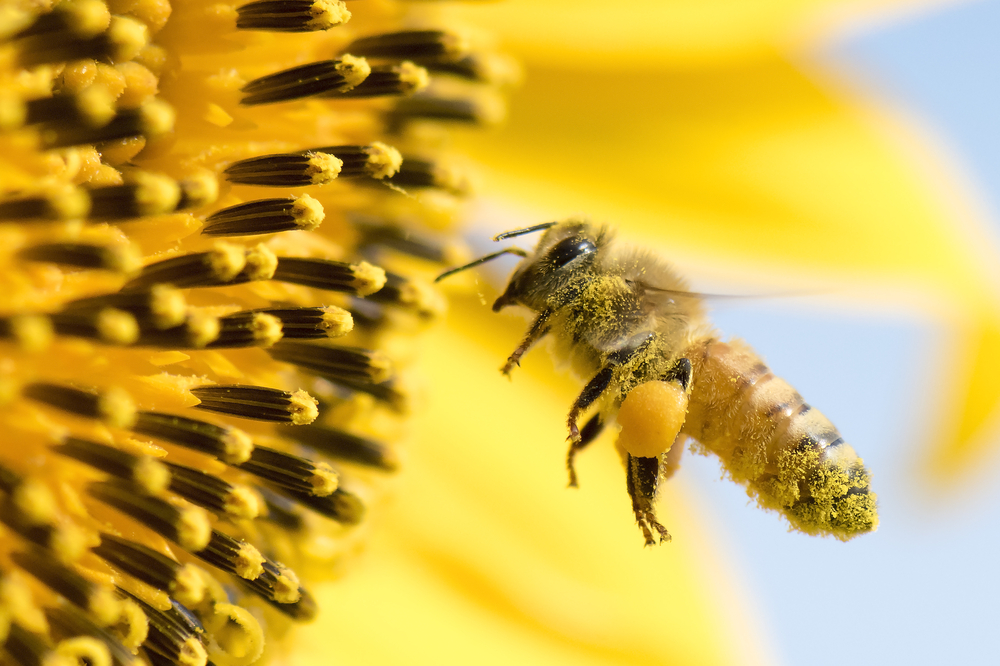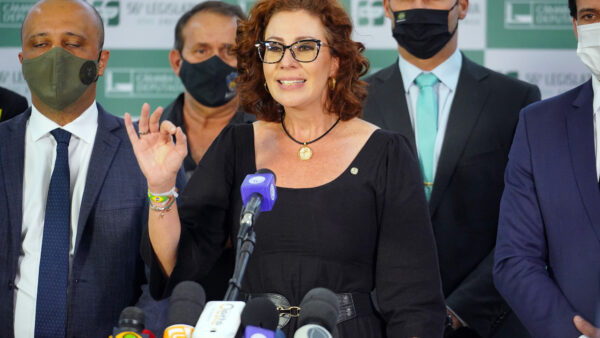Pollination, an essential yet seldom-considered element of the agribusiness ecosystem, is fast becoming a multibillion-dollar global industry. But despite agribusiness being such an integral part of Brazil’s economy, pollination remains comparatively undersized.
While some fear that increasingly lax pesticide restrictions and a move towards monoculture farming could threaten vital species, experts argue that Brazilian producers might be facing huge and unexpected opportunities if they handle pollination correctly.
Agribusiness retains supreme economic importance in Brazil. Domestic policy has focused on strategically growing the industry since the 1970s. Bumper harvests are credited with boosting the country’s economy to a level that it was able to drag itself out of the deepest recession in its history in mid-2017. Of the ten Brazilians to make it onto Forbes’s 2017 rich list, four were co-owners or CEOs of companies invested in industries related to agribusiness.
Dependence on agribusiness means dependence on pollinators
Although Brazilian meat and poultry products constitute a significant amount of total exports—accounting for 7 percent of the country’s total—pollination-dependent agriculture products are worth more than double this. Combined vegetable and foodstuff exports account for BRL 64 billion, according to data from the Observatory of Economic Complexity. Overall, that means these products make up 30 percent of Brazil’s exports.
Nor is it just exports: small-holdings and family farmers take up almost a quarter of all farming land and produce almost 70 percent of the food that ends up on Brazilian tables....


 Search
Search






































